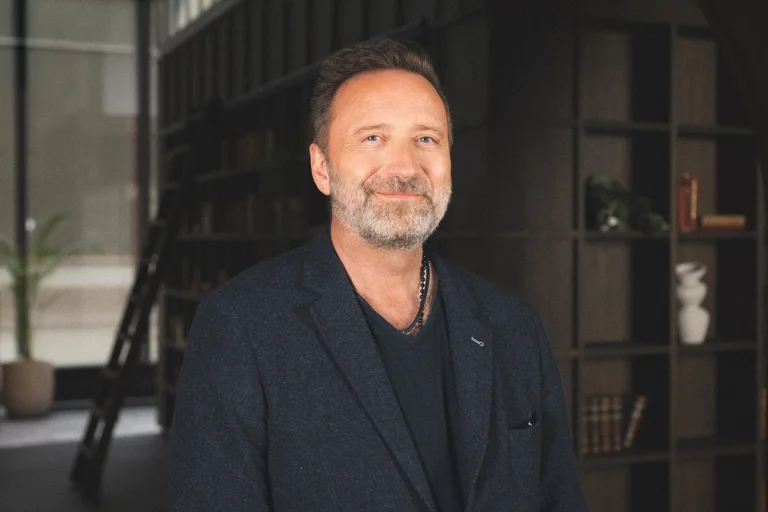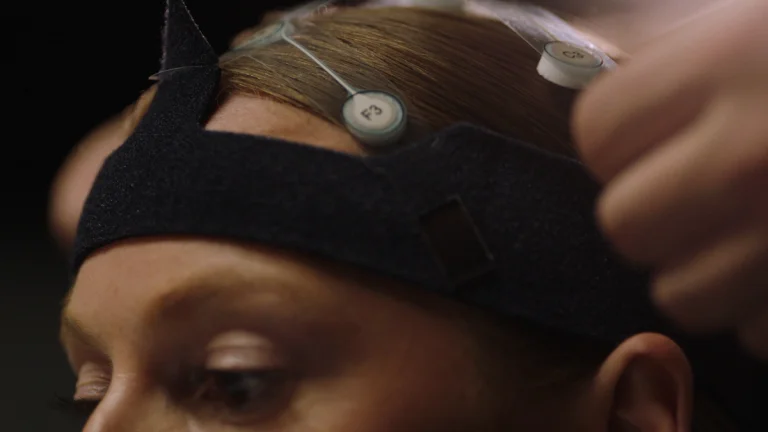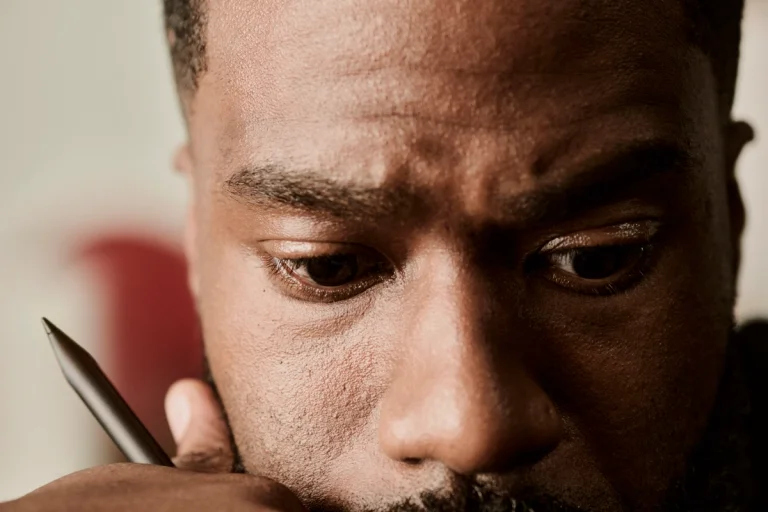Insights
We're endlessly curious about how our brains work. This is what we've found so far.
We're endlessly curious about how our brains work. This is what we've found so far.

Insights
Slow thinking for fast times: a neuropsychologists guide
We’re hit with over 100 notifications and we switch tasks around 1000 times a day. Even a single notification can distract us for up to 30 minutes. That hurts our focus, our capacity for deep thinking, and it makes us more stressed than we need to be.

Insights
The experimental mindset: a faster way to learn and grow
"Where do you see yourself in five years?" It’s a popular question that reveals a common thinking trap, says neuroscientist Dr. Anne-Laure Le Cunff.

Insights
Calm Tech: Texture, environment, and what the mind needs
We used to have physical buttons. Now we have glass touchscreens. Our cars used to be colorful. Now they’re variations of gray.

Insights
Why we remember things better when we write by hand
Can picking up a pen benefit your brain? In her first-ever talk at the reMarkable campus, neuroscientist Dr. Audrey van der Meer examines why handwriting is crucial for learning and memory, particularly in children. Drawing on decades of research, she shows how handwriting activates more areas of the brain than typing. This means better learning, better brain development, and better long-term cognitive health.

Insights
This is your brain on reMarkable
Neuroscientists hooked up PC and reMarkable users to a brain monitor. Here’s what they found.

Insights
The 2024 reMarkable knowledge worker survey
We explored the state of mind of people whose success hinges on their ability to focus, process information, and think critically. The conclusion: our brains have never been busier.
Tell us what you think
Was this content helpful?
Take this quick survey to tell us what you'd like to learn more about.